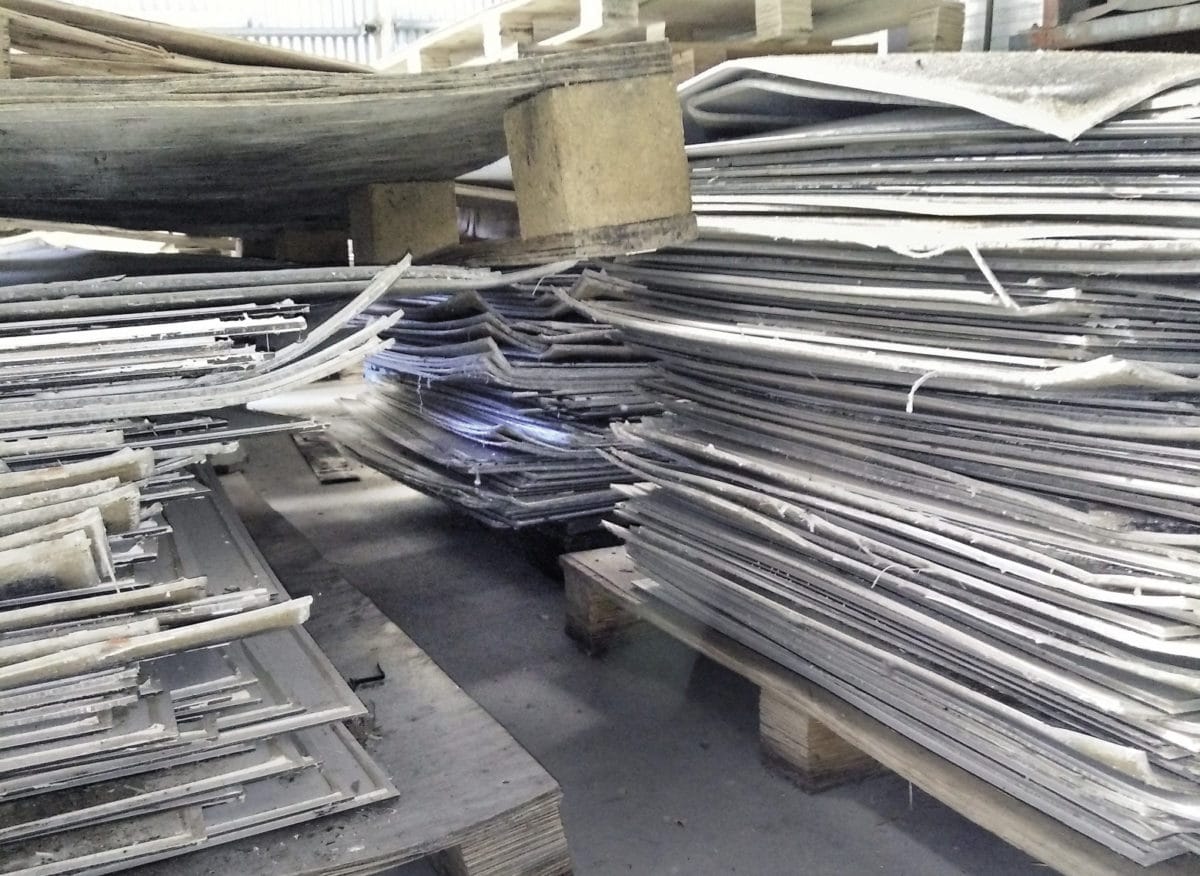From pv magazine USA
NREL researchers have reviewed more than 3,000 scientific publications on the life cycles of the most common solar and lithium-ion battery technologies. They have found that alternatives to recycling could help to build an effective circular economy for PV and battery technologies.
The review does not dismiss recycling, but it promotes other less-explored aspects of manufacturing and hardware usage. The researchers said the emphasis on recycling, while valuable, may overlook the challenges and opportunities that research into other strategies could reveal.
“If you can keep them as a working product for longer, that’s better than deconstructing it all the way down to the elements that occurs during recycling,” said Garvin Heath, senior environmental scientist at NREL. “And when a product does reach the end of its life, recycling is not the only option.”
Popular content
The researchers said that designing products with fewer overall materials, especially hazardous materials, will improve their environmental impacts more than recycling can. Recycling itself is also an imperfect process, as there are currently no integrated recycling processes that can recover all the materials for either technology, and existing research has focused more on lab-scale methods, rather than commercial-scale approaches.
“People often summarize the product life cycle as ‘take, make, waste.’” Heath said. “Recycling has received a lot of attention because it addresses the waste part, but there are ways to support a circular economy in the take part and the make part, too.”
This content is protected by copyright and may not be reused. If you want to cooperate with us and would like to reuse some of our content, please contact: editors@pv-magazine.com.



3 comments
By submitting this form you agree to pv magazine using your data for the purposes of publishing your comment.
Your personal data will only be disclosed or otherwise transmitted to third parties for the purposes of spam filtering or if this is necessary for technical maintenance of the website. Any other transfer to third parties will not take place unless this is justified on the basis of applicable data protection regulations or if pv magazine is legally obliged to do so.
You may revoke this consent at any time with effect for the future, in which case your personal data will be deleted immediately. Otherwise, your data will be deleted if pv magazine has processed your request or the purpose of data storage is fulfilled.
Further information on data privacy can be found in our Data Protection Policy.